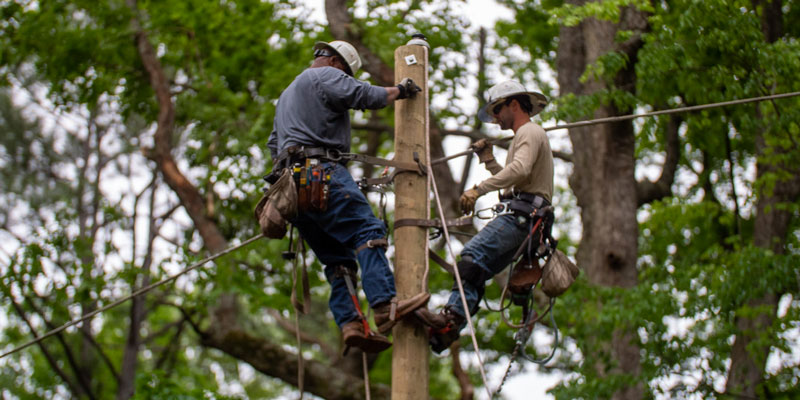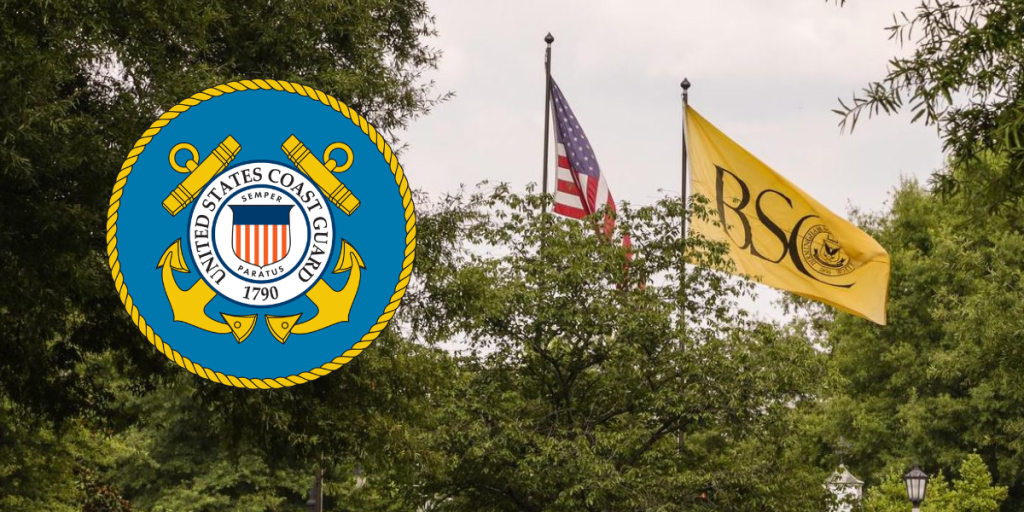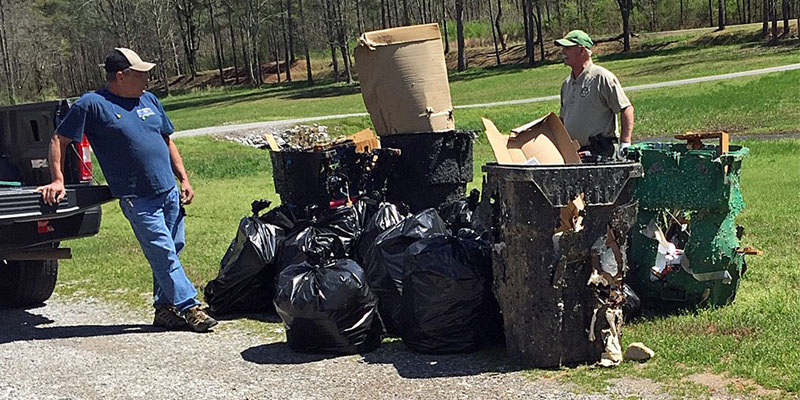Even before the Easter Sunday storms rolled through causing widespread damage across Alabama, the state’s linemen knew they would likely be in for a tough week.
“Being a lineman for 25 years, I’ll tell you, we watch the weather religiously,” remarked Casey Shelton.
Shelton, business manager for IBEW System Council U-19, started with Alabama Power at age 18 and has been in his current role for almost 10 years. In between, Shelton spent two and a half decades on the line crews.
He told Yellowhammer News earlier this week that it is all part of being a lineman.
“Everyone was getting prepared for this round of storms knowing it was going to be a bad one,” said Shelton. “Our people gear up any time they start talking about significant weather events, they start getting ready. Our linemen and our crew people are on call 24-7, seven days a week, 365 days a year. That’s just part of their duties, part of their jobs.”
As tough as storm recovery is on linemen, Shelton says it is what they usually find out on site that drives them to push themselves for hours and sometimes days on end.
“Our linemen really go to the heart of the destruction especially with tornadoes,” he explained. “They see the worst of the worst. They’re out there and exposed to the people who have damage, people who have lost their homes. That’s where they go first in a big storm like this. For them, they’re always saddened by this. They’re affected by the side of it that you probably don’t see or realize that much.”
Alabama Public Service Commission President Twinkle Cavanaugh has been out on many storm recovery sites during her time in office. This week, she observed two separate crews working to restore power to Montgomery residents.
She shares Shelton’s belief that the linemen working for Alabama Power and other utilities across the state have a real sense of the importance of their work.
“They’re amazing,” she told Yellowhammer News. “When you talk to them you can tell they know how big of a responsibility they have riding on their shoulders. They know people want to be able to heal, to feed their families and to open their businesses. They know people depend on what they do and how fast they do it.”
Alabama Power line crews were tested to their limits this week as they returned 100% of customers who could take power to service by late Wednesday night.
Asked how many linemen Alabama Power deployed to handle recovery efforts this week, Shelton replied, “Pretty much every single one of them we had.”
He estimates that amounted to about 1,200 linemen and 300 transmission linemen.
And every single one of them was needed for what the company considers the 12th worst storm in its history. More than 300,000 customers were affected by the Easter storms, and the damage included 500 broke poles and 250 transformers.
A storm of this magnitude puts a strain on linemen felt not only by them but their families, as well.
Cavanaugh sought to draw attention to the sacrifices made by them after having seen it this week.
“Whenever we have a damaging storm, they’re among the first responders who help our communities return to normal as soon as possible,” she stated. “When I went out to visit with line crews a few days ago, I talked to guys who haven’t been home for days and had worked for a day straight without any rest.”
There was something else which stood out to her while watching crews repairing lines.
“One of the things you notice when they are doing storm recovery is how well-trained they are and how serious they take their jobs,” Cavanaugh remarked.
That training is essential, and it all starts in one place, according to Shelton.
“Number one for us is safety,” he emphasized.
Shelton outlined that the first thing crews do when arriving at a scene is to hold a safety briefing so that they can assess every aspect of the situation.
“Safety is so important in our job because it’s one of the most dangerous trades out there,” he explained. “We have safety procedures we have to go through first before we can actually go to work. Safety is a priority for leadership at Alabama Power, and safety is our first priority, too.”
No matter how much technology improves, the work for linemen can still be grueling.
Shelton pointed out some that some of the work in Jefferson County this week required a technique called “floating a pole in.”
“We had several places where the poles were inaccessible,” he said. “I talked to one crew on Monday which had to manually carry a pole in, manually dig the hole, manually set the pole and put the wire back up on it with no equipment. It’s physical labor, and it’s time-consuming. When you’ve got a group of ten men trying to set a pole, you can understand the time it takes to restore power in some places.”
And, yet, he says linemen continue to recognize there are a lot of other people in Alabama working around the clock.
“My guys appreciate so much the people who are keeping our state going, other first responders, grocers and healthcare workers,” said Shelton. “Our guys really recognize their importance, and they really want to pass along that gratitude to those people.”
Cavanaugh hopes in the coming weeks that people remember linemen and their families and the sacrifices they make.
“Our linemen in Alabama are some of the most courageous and hard-working people in the country,” she concluded. “They’re the best. They are out there in really tough conditions trying to help us. Some heroes wear climbing hooks.”
Tim Howe is an owner of Yellowhammer Multimedia













